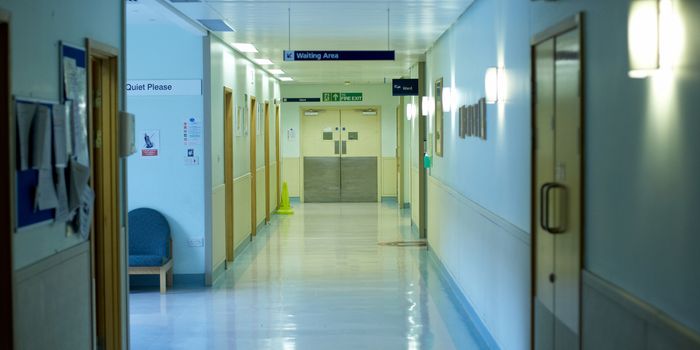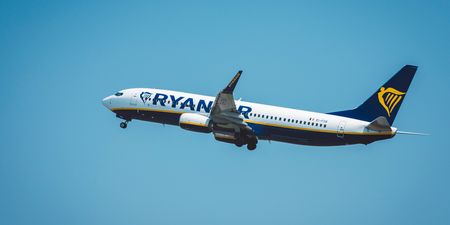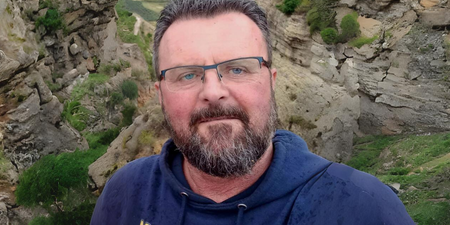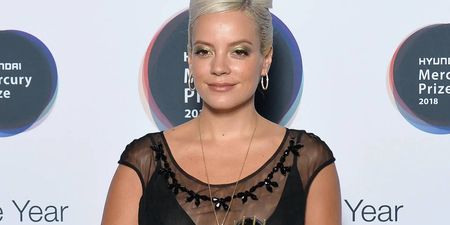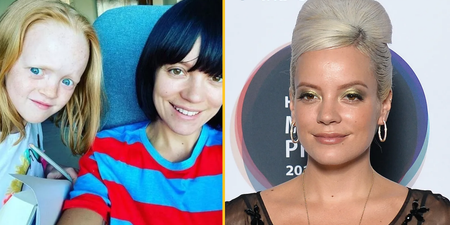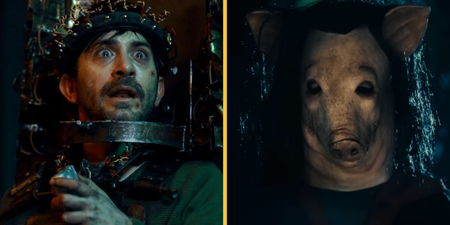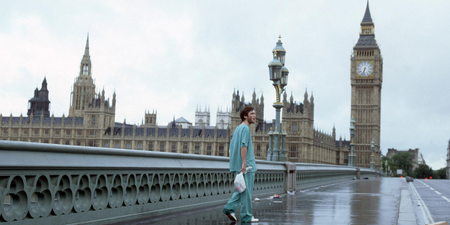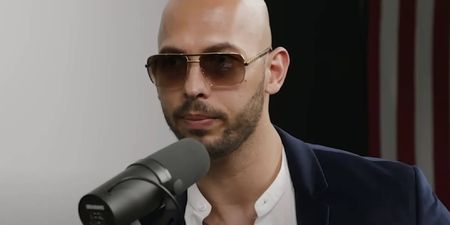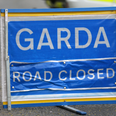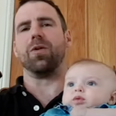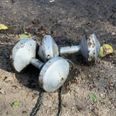Hundreds of junior doctors around the country will receive just over €100 for a week’s work in Irish hospitals in the summer of 2018.
The vast majority of junior doctors – also known as non-consultant hospital doctors (NCHDs) or interns – who took part in the 2018 mandatory induction courses in hospitals throughout Ireland have been informed that they will receive compensation of €110 for completing the induction.
The Health Service Executive (HSE) confirmed last year that interns beginning in July 2019 would be paid for 39 hours of work once it was confirmed they had attended the entire induction schedule.
As a result, from last year onwards, interns receive five extra paid days, worth more than €700, for the services they provided during their first week of employment in the Health Service Executive (HSE), which formed part of their employment contract.
As that payment did not become mandatory until 2019, negotiations between the Irish Medical Organisation (IMO) and the HSE had been ongoing in a bid to secure payment for interns from 2018.
Following the conclusion of the negotiations, the HSE National HR has issued correspondence to hospitals to process payments for the 710 interns who completed induction in 2018.
However, JOE has established that only 60 of the interns from the 2018 group will be paid a sum of €615.34 for their week of induction.
The 60 interns who will be paid €615.34 were those who made a claim, prompted by the IMO, to the Workplace Relations Commission under the Payment of Wages Act 1991 within six months of the inductions.
The other 650 interns will receive a significantly lower compensation of just €110 following the negotiations between the IMO and the HSE.
When asked by JOE why there was a disparity in payments to interns who had completed the same inductions, the HSE said: “Intern induction has been paid by the HSE from 2019 onwards.
“A number of former interns took WRC cases in respect of payment for their induction period in 2018. A settlement was arrived at between the union and management under the auspices of the WRC.”
The HSE also said this is the “full and final settlement of all issues arising”.
In total, the HSE will pay combined wages of over €108,400 to 2018 interns through the tiered payments.
If all interns were paid equally at €615 for their inductions, the combined outlay would be in excess of €436,650.
710 junior doctors, who began working in Irish hospitals in 2018, had to take mandatory induction courses prior to commencing work in their specific hospital.
This period, initially created to be a brief, one-day orientation session, has been extended over the years and a survey by IMO members in 2018 showed the average intern spent 40 hours at work for induction with mandatory attendance.
During inductions, interns undergo various types of training such as blood bank training for prescribing blood products, intravenous cannulation training and phlebotomy training.
Interns are also added to IT systems, given key cards and provided with other information vital for working in each particular hospital.
In a statement to JOE, Anthony Owens, Director of Industrial Relations at the IMO, said: “The non-payment of interns during their induction created a dreadful first impression of the health service for our youngest doctors.
“The IMO has battled for a number of years to force the Government to end this practice. In April 2019, after significant and persistent pressure from the IMO, the Minister and the HSE agreed, albeit belatedly, with the IMO position that interns must be paid for their induction going forward.”
LISTEN: You Must Be Jokin’ with Aideen McQueen – Faith healers, Coolock craic and Gigging as Gaeilge
